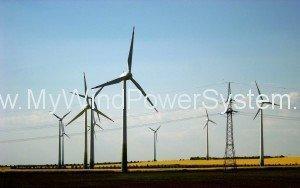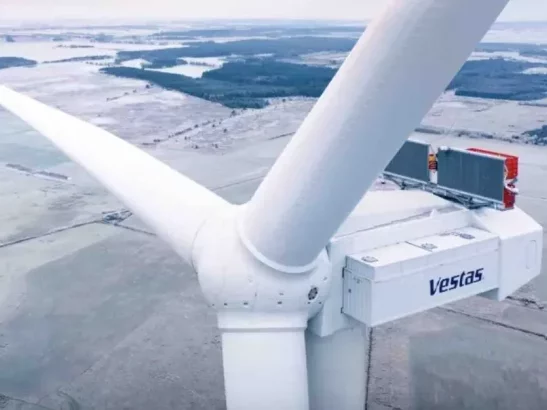It’s a good time to be a country adjacent to Germany these days. Data has just been released by Platts Continental Power (CONTI) Index that shows that not only is electricity at very cheap levels in Germany, countries that border Germany have experienced a drop in electricity prices for five consecutive months due to the increase in Germany’s renewable energy generation- mainly down to wind and solar power.
Who are Platts and is this information reliable?
Platts is a leading global provider of energy, petrochemicals, metals and agriculture information and a major source of benchmark price assessments for those commodity markets. Starting up in 1909, Platts has provided information and observations that help customers make the best possible trading and business decisions and enable the markets to perform with greater transparency and efficiency.
In March, Platts’s data reveals that in Germany, France, Belgium, Switzerland and the Netherlands, the index dropped to €35.06/MWh (per megawatt hour). This represented an 18% decrease from the previous month. From the last peak- €50.50/MWh back in November 2013- the price has dropped by a total of over 39%.
In a news release, the Platts managing editor of European power and gas, Andreas Franke, said:
“A mid-March surge in German wind output followed seven days of peak solar output, which rose above 20 gigawatts (GW) to a new monthly record of 23 GW on March 20.”
When measured by total installed capacity, Germany’s solar and wind energy combined is over 70 gigawatts; the country’s biggest power producers. The Platts data found that compared to 2013, for the first three month of 2014, the output from German wind and solar energy has improved by 40%. Breaking the data down, solar energy experienced a 74% boost from over a year ago and renewable wind energy had a 31% increase from the first quarter of last year. As one might expect, this increase in renewable energy generation has a corresponding decline in fired power plants and natural gas energy production.
However it’s not all positive news from Germany. A recent report from Reuters revealed that a reform measure for Germany’s renewable energy law, which was approved by the cabinet of German Chancellor Angela Merkel, will slow green energy growth and new investors who are interested in clean power will be forced to take some risks to get a return, based on Germany’s ambitious targets: By 2035, under this reform measure, the German government requires the country’s renewable energy generation to make up between 55 to 60 % of its total energy production.





